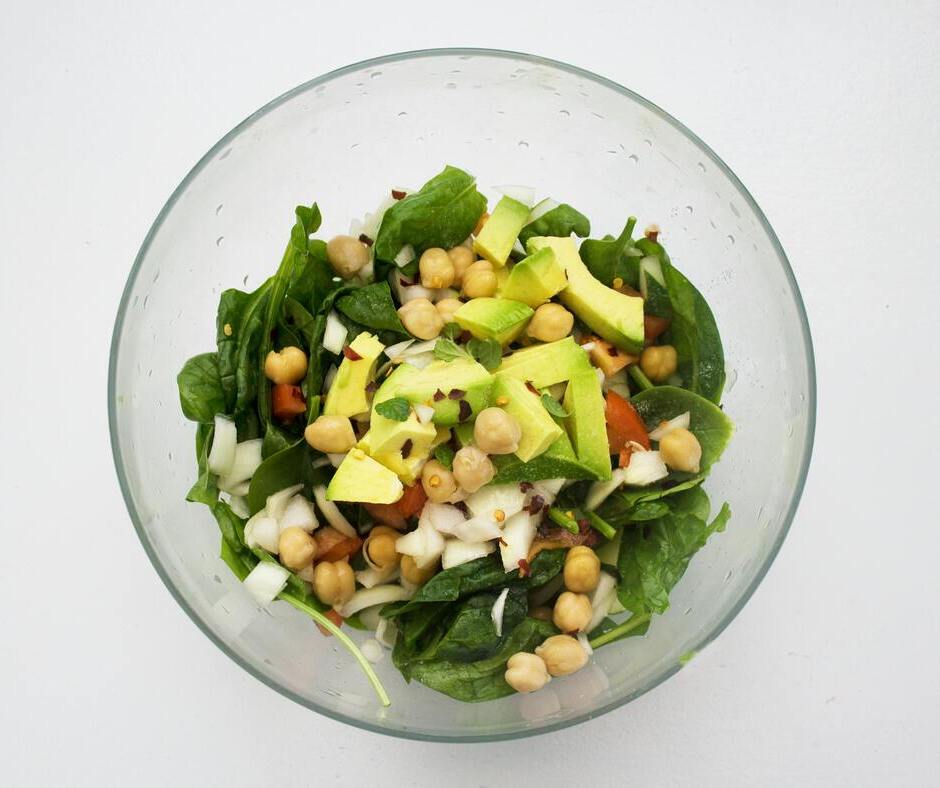
Reduce the risk of female cancers!
Cancer prevention is a multi-faceted journey that involves a combination of lifestyle choices and regular medical check-ups. Keep reading to learn more.
Reading time: 3 minutes
While no method ensures complete immunity, a healthy lifestyle can contribute to overall well-being. Here are some strategies that may reduce the risk of certain female cancers!
Balanced Nutrition:
Research published by the World Cancer Research Fund suggests that certain foods may have protective effects against specific cancers. For example, cruciferous vegetables like broccoli and kale are associated with a lower risk of breast and ovarian cancers.
Support your nutrition by adding a multivitamin like Rigoton to your routine!
Physical Activity:
Regular exercise has been linked to a lower risk of breast and endometrial cancers. Aim for at least 150 minutes of moderate-intensity exercise per week, which can contribute to maintaining a healthy weight and hormonal balance.
Obesity is a known risk factor for various cancers, including breast, ovarian, and uterine cancers. Adopting a lifestyle that promotes weight management through a balanced diet and regular exercise is crucial.
Regular Health Check-ups:
Early detection is critical! Regular screenings and health check-ups, such as mammograms, Pap smears, and pelvic exams, can help detect abnormalities at an earlier, more treatable stage.
Limit Alcohol Consumption:
Alcohol consumption is associated with an increased risk of breast and other cancers. If you choose to drink, do so in moderation. For women, this generally means up to one drink per day!
Tobacco Avoidance:
Smoking is linked to several types of cancer, including lung and cervical cancers. Quitting smoking is a significant step towards reducing cancer risk.
It’s crucial to consult with healthcare professionals for personalized advice based on individual health histories. Remember, these strategies are not foolproof; regular screenings are fundamental to early detection!


